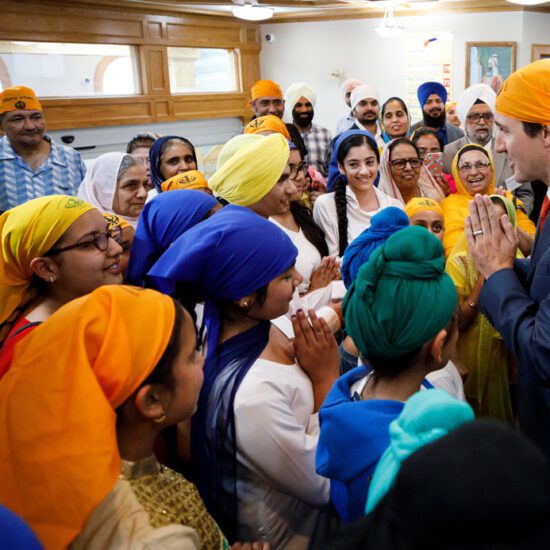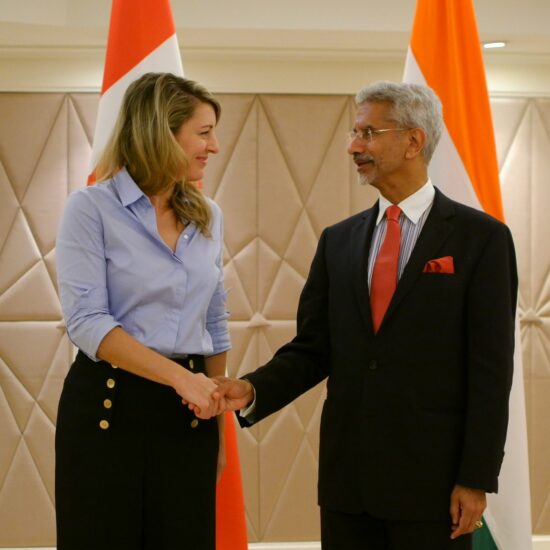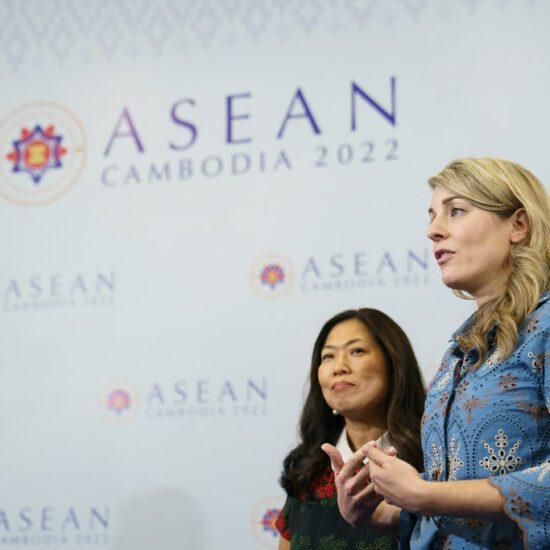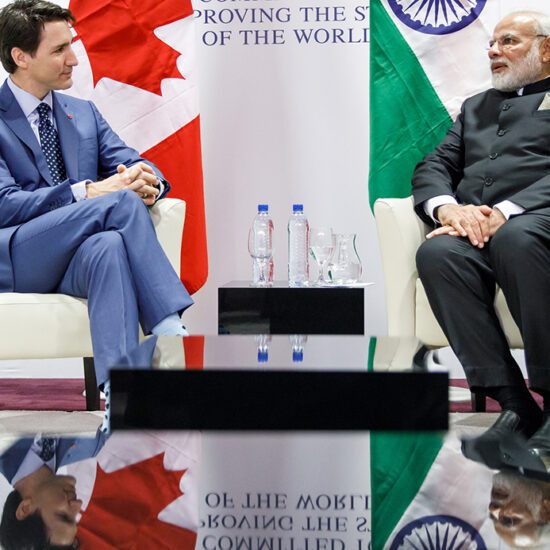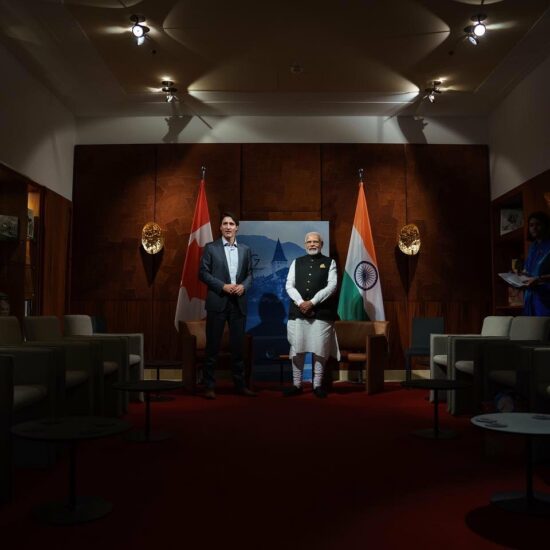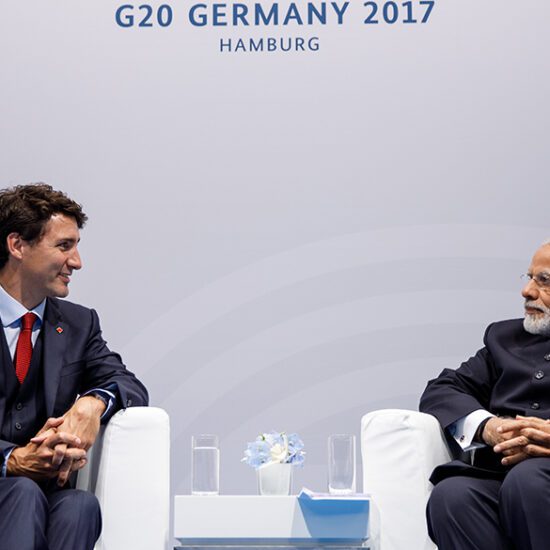Attribution: Prime Minister’s Office (GODL-India) [GODL-India]
Description: The Prime Minister, Shri Narendra Modi celebrating Diwali with the jawans of Indian Army and BSF, in the Gurez Valley, near the Line of Control, in Jammu and Kashmir, on October 19, 2017.
By Wardah Malik
Last week, Indian Interior Minister Amit Shah informed the public that the Hindu nationalist-led central government is actively working to remove Article 370 from the constitution, a provision that grants special status and permits a degree of sovereignty for Jammu and Kashmir (J&K). The order was approved by Prime Minister Narendra Modi and has the potential to provoke massive unrest in the world’s most unstable nuclear flashpoints. Shah soon came in support of Modi in a speech where he stated: “after five years, seeing development in J&K under the leadership of Prime Minister Modi, people of the valley will understand the drawbacks of Article 370.” The notion that New Delhi is better equipped to “develop” Kashmir undermines the authority of Pakistan in the region — a blatant power move that can trigger conflict as both India and Pakistan have expressed a claim to Kashmir.
Since the Partition of India and creation of Pakistan in 1947, two of three wars between the two countries have been fought over the right to Kashmir. Despite being a Muslim-majority state, the people of the Kashmir Valley have not expressed a desire to join Pakistan and, rather, opt for complete independence. However, with regards to recent developments, Kashmiris have been deliberately silenced as the Indian government has shut off the internet and landline networks in the region. The communication lockdown also includes the deployment of thousands of additional Indian troops responsible for minimizing unrest.
Although Kashmiris have been silenced, Pakistani ministers have been vocal in expressing outrage at the situation. Fawad Chaudhry, Minister of Science and Technology called India a “fascist regime”, arguing that “Pakistan should not let Kashmir become another Palestine […] We have to choose between dishonor and war.” With Kashmir being located in a Muslim-majority region, Pakistan has assumed the role of protector over Kashmiri Muslims. As such, Pakistani officials have expressed that Pakistan is willing to go to “any extent” to stop India, which makes it especially troubling considering both countries possess nuclear weapons.
However, beyond rhetoric and resorting to nuclear weapons, Pakistan has limited military options in Kashmir. In this vein, Pakistani Prime Minister, Imran Khan has requested the help of US President Donald Trump to mitigate the crisis. Yet, US State Department spokesperson Morgan Ortagus said that the US notes Indian actions but considers this an internal matter. This is partly due to the differences that Washington and Islamabad have due to Pakistan’s financing of Kashmiri Islamic militant groups.
Although the UN has urged India to “exercise restraint,” its title as the “world’s largest democracy” is effectively shielding it from facing repercussions of its undemocratic actions in South Asia. Modi has used this so-called immunity to his advantage by carrying out his electoral promises, one of which is to “free [Kashmir] from terrorism.” In a nationally broadcasted speech, Modi described the changes for J&K as a “new era” designed to “mainstream” Kashmir with the rest of India, create new jobs, and jumpstart economic development. Notably, these changes will mostly likely be carried through without the input of Kashmiri people, making it an imposition rather than a democratic campaign of reform. With his re-election in May and more recent behaviour in Kashmir, Modi has become more ambitious in fulfilling his electoral promises, many of which have been argued to instigate Islamophobia in India. Within the next five years, Modi is expected to make highly controversial choices, many of which directly challenge Pakistan and may, ultimately, result in a disastrous conflict between the nuclear-armed neighbors.





